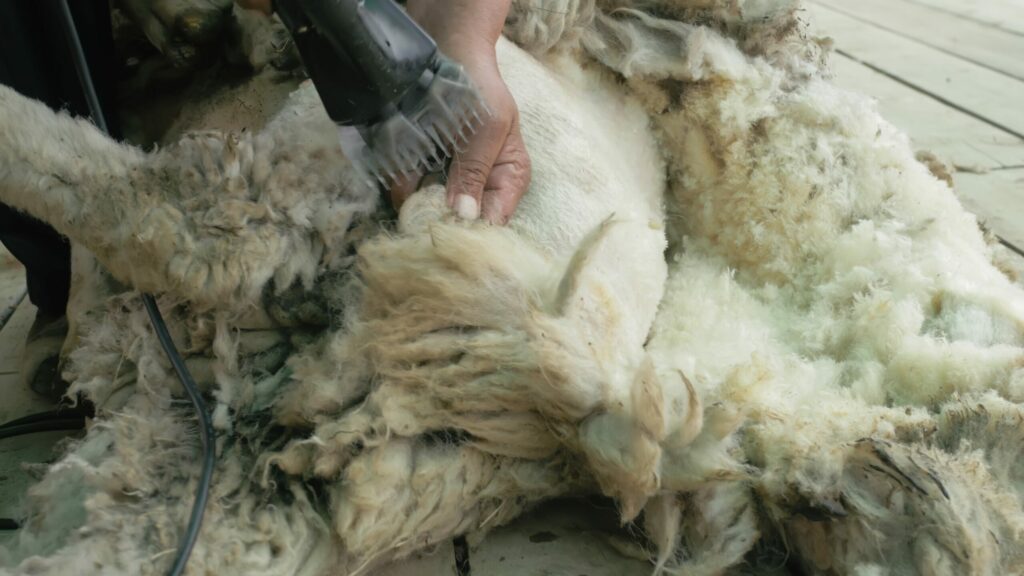Wool prices up, but farmers say it’s still not enough
 © ivandanru/Adobe Stock
© ivandanru/Adobe Stock Wool prices have reached their highest levels since 2018, but sheep farmers warn the modest recovery still leaves them operating at a loss, with shearing costs outstripping returns.
British Wool announced this week that prices for the 2024 clip are up 70% year-on-year, driven by strong demand for cross-bred wool and improved clearance at auctions.
But despite the rise, many sheep farmers say prices still fall short of covering the cost of shearing, leaving them out of pocket.
See also: Farmer imports breed to lift wool cheque up to five-fold
East Sussex-based sheep farmer Frank Langrish told Farmers Weekly that, while the rebound is welcome, it hasn’t gone far enough.
“Prices are nowhere near enough to even cover the cost of shearing – it’s just unfortunate that they went as low as they did,” he said.
“There’s still a lot of uncertainty, and prices need to be better than where they are now.”
The National Sheep Association says average returns remain below shearing costs.
Fleeces from breeds such as Texel, Cheviot, and Romney are fetching £1.10-£1.30, while shearing typically costs £1.50-£1.75 per ewe.
For hill breeds such as Welsh Mountain or Swaledale, returns can be as low as 30p per fleece.
“My eldest son is a shearing contractor and he can charge up to £1.60 a sheep,” said NFU Cymru Livestock Board chairman Rob Lewis.
“The wool price increase is a step in the right direction, but it still doesn’t cover the cost of shearing, including all the work and packaging.”
Wool exports
As regards wool exports, British Wool sells to merchants that operate internationally including in China and India.
But given the export restrictions and need for testing and Export Health Certificates it is only possible to access these markets through British Wool’s collective marketing scheme.
While demand for finer wools used in clothing remains strong, broader market pressures persist.
“Finer wools are definitely wanted for apparel – the top end of the market is good,” Mr Langrish said.
“But with China as the main manufacturer and the US as the main consumer, the ongoing tariff dispute has created a lot of uncertainty.”
The outlook is bleaker for the carpet wool sector, Mr Langrish suggested.
“The carpet market is bad,” he said. “Another manufacturer, Adam Carpets in Kidderminster, recently went bust.”
British Wool chairman Jim Robertson offered a more upbeat view, noting that auction prices averaged £1.00/kg – up 18p on last year – and that 83% of the clip had been sold by mid-April.
“This price increase has flowed through to improved member returns,” he said.
To improve farmer access, British Wool plans to open 50 new collection centres this year and is expanding brand partnerships, with more than 170 retailers now sourcing from its members.
